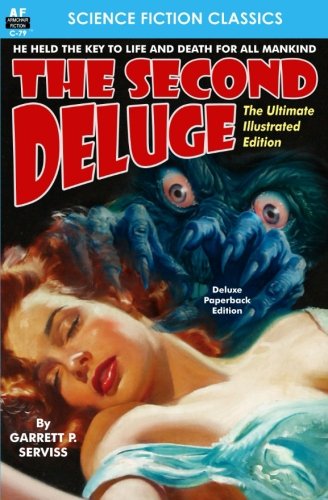I originally picked up this hard-to-find book after reading of it in Newman & Jones’ excellent overview volume, Horror: The 100 Best Books. Widdershins is a collection of Oliver Onions‘ short stories, and was first published in 1911. Onions was supposedly a meticulous writer, writing and rewriting and rerewriting, changing words repeatedly until he felt that things were just right. And his attention to detail does indeed show. All the stories in this volume are impeccably written,
Read More














COMMENT Was I hinting that? I wasn't aware of it. But now that you mention it.... 🤔
So it sounds like you're hinting Fox may have had three or so different incomplete stories that he stitched together,…
It's hardly a private conversation, Becky. You're welcome to add your 2 cents anytime!
If the state of the arts puzzles you, and you wonder why so many novels are "retellings" and formulaic rework,…
I picked my copy up last week and I can't wait to finish my current book and get started! I…